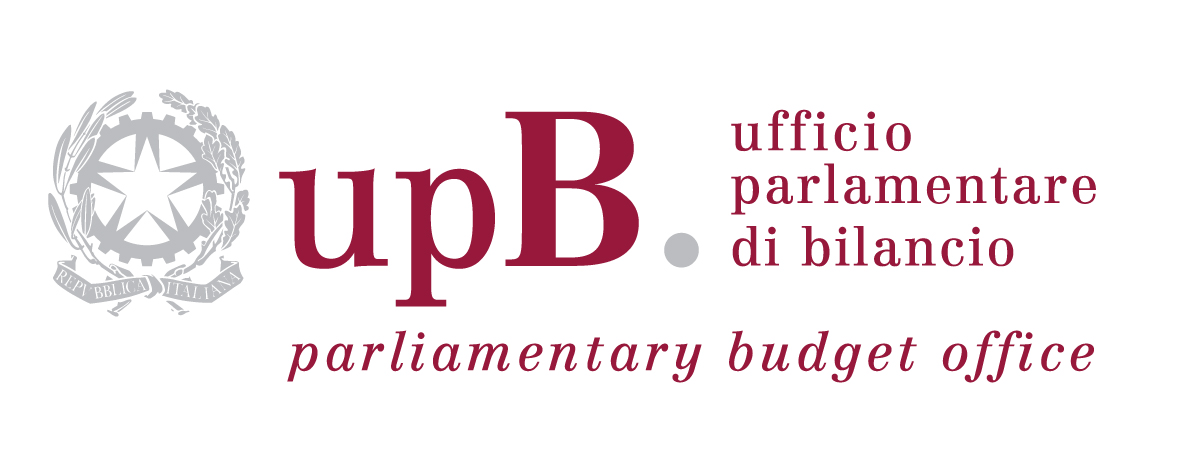Alberto Zanardi, a member of the Board of the Parliamentary Budget Office (PBO), testified (in Italian) before the Finance Committee of the Senate in an informal hearing on the bill (Bill 1473) granting enabling authority to the Government to reorganise and strengthen the existing system of transfers to families for dependent children.
The bill provides for the introduction of a new fixed monetary transfer per dependent child, which will be determined on the basis of the financial situation of the family but independent of the employment status of the parents. At the same time, the measure eliminates the main existing support mechanisms for families with dependents: the family allowance (which goes to payroll employees only) and the tax credit for dependent children (which does not benefit taxpayers with insufficient income to use the credit).
The PBO used its tax-benefit simulation model to estimate the size of the new subsidy, which is not specified in the bill but will not generate total expenditure in excess of that for existing mechanisms for dependents increased by €2 billion in the first year of application and €4 billion thereafter (for a total of €19.1 billion). This subsidy would amount to €160 a month for each dependent child.
Zanardi noted that effects of this new allowance diverge significantly from those under the existing system of mechanisms for dependents, generating differences in disposable income for all types of households considered. The new system provides uniform benefits for about two-thirds of families, but the biggest benefits go to households with average or above-average incomes, while lower-income families, who currently receive larger benefits, would receive smaller increases, with some receiving no additional subsidy or losing ground. For example, considering a single-income household with one dependent child (27% of the national total), the new system would benefit households with very low incomes (up to €12,000) and the broad band of households with incomes of between €19,000 and €64,000. Households with incomes of between €12,000 and €19,000 would be penalized (with losses of more than €500 per year for incomes of €14,000) as would richer households – which currently benefit from the income tax credit – for whom the new subsidy would be close to zero. The gain under the new system would obviously be very large for households that are currently not eligible for the family allowance system, such as the self-employed and the unemployed without welfare benefits, as well as taxpayers who do not earn enough to benefit from the tax credit for dependent children.
In concluding his remarks, Zanardi noted that in addition to requiring coordination with other measures under consideration (the anti-poverty enabling bill approved by the Chamber), the adoption of the new system would create benefits but also potential problems. The benefits would include eliminating the existing system’s focus on categories of households and resolving the problem of families with insufficient income, as well as simplifying the entire architecture of the system. The change in the profile of beneficiaries and the transition from a system with a redistributive structure to a more universal benefit mechanism could, however, penalize households in the most vulnerable income brackets.
